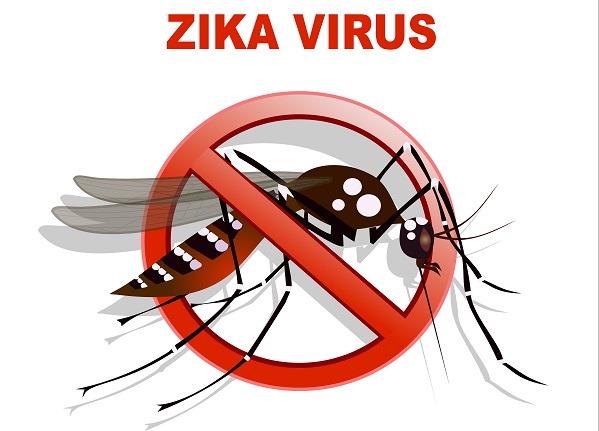While the Zika virus is not yet widespread across the United States, it has arrived stateside and will likely spread. This gives employers the opportunity to prepare now to reduce the chances of this virus becoming a threat for employees.
 |
How Does Zika Potentially Affect Employers?
There are actually quite a large number of ways that the Zika virus could affect employers both directly and indirectly. Here are some considerations:
- If an employee contracts the virus, he or she may need medical leave if symptoms are present. (Not all infected with this virus will exhibit symptoms). The amount and type of leave required may depend on the circumstances. For example, for an adult who has contracted the virus and exhibits symptoms, it may just mean standard use of paid time off or sick days while recovering, unless the individual has a rare case where the symptoms are more severe. However, developing fetuses are at much higher risk for negative consequences of Zika. A fetus may end up with severe problems such as microcephaly, incomplete brain development, hearing or vision problems, and more. If an employee has a child who was affected by the Zika virus before birth, that employee will likely be eligible for Family and Medical Leave Act leave, as the effects of the Zika virus on the child may require extensive care.
- Employees may be stressed if there is a risk of contracting Zika due to working in areas where mosquitoes are often present.
- Any employer that has employees who travel to areas where Zika is prevalent has the risk of those employees being exposed. Consider allowing changes to travel upon request, such as assigning other workers for these duties when possible.
- Employers have an opportunity to communicate facts about the virus to employees, which will help keep employees informed and minimize the spread of misinformation. Explain the symptoms of the virus and how to be checked if it is suspected.
- Any employer that has operations in an area where mosquitoes that may carry Zika are present should consider providing additional protections for employees, such as protective clothing, mosquito nets, and mosquito repellent. There are also clothing options that have mosquito repellents in them. When it comes to preventing mosquito bites, don’t forget to cover areas that aren’t typically covered by clothing, like the hands, neck, and face.
- Employers should also train employees on the risks and how to take protective measures.
- Check online resources frequently to ensure that Zika has not spread to other places where your organization operates.
- Given that the risk of birth defects is a high concern with this virus, employers should be especially sensitive to protecting employees who are pregnant or who may be trying to conceive. Clearly, this is not something employers should ask employees, but it would be a good idea to offer accommodations upon request. An accommodation may mean changing job duties to those that are performed inside, for example. This would be something that could be made available to women who are pregnant or may become pregnant and also to men who have a partner who may become pregnant, as the virus can be spread through sexual contact. Or, an employer could opt to offer this accommodation for anyone who requests it.
- In all communications, training, and employee accommodations, be sure to not discriminate. Even though this virus presents more risk to individuals who may become pregnant or to those whose partners may become pregnant, the information should be disseminated to everyone, and policies should be in place for everyone. Even if the intent is to protect the employee, it’s still unacceptable to discriminate, as this could cause an unfair restriction. Allow employees to request accommodation, and ensure there are not negative consequences for those who do so. Don’t make assumptions on what employees will want.
- Employers can also take sensible steps to reduce the mosquito population at worksites, such as eliminating any standing water. The employer can also consider implementing other measures to reduce the mosquito population on-site.
- Follow all U.S. Occupational Safety and Health Administration (OSHA) recommendations on potential bloodborne pathogens, as this virus can also spread via some types of bodily fluids.
- If you have an employee who has contracted the virus, remember to communicate with other employees to reassure them that it is not spread through casual contact; avoiding mosquito bites the best form of prevention.
*This article does not constitute legal advice. Always consult legal counsel with specific questions.
